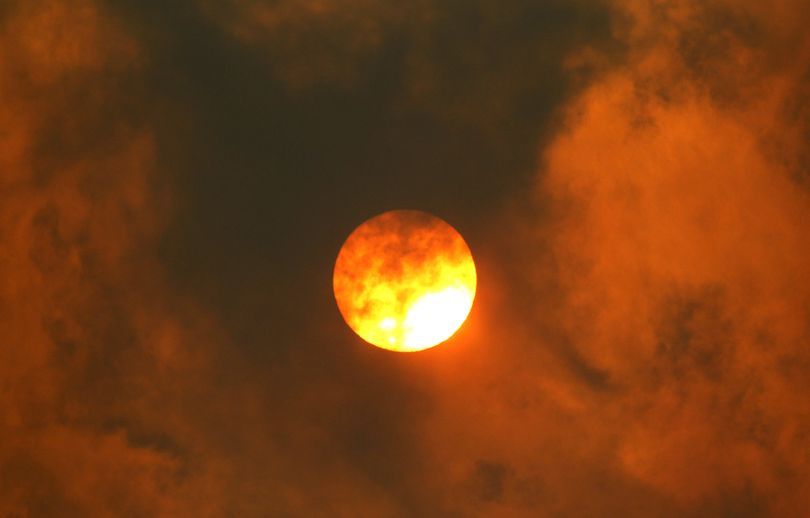Peak fire season tips for hunters

HUNTING -- It's not news that the fields are dry and fire danger is extreme.
But don't let your guard down when you go out hunting or recreating. One thoughtless moment in these conditions can be costly.
Hunters, who have an especially big responsibility to be fire conscious, should:
- Drive only on established roads.
- Avoid roads with tall vegetation in the middle track.
- Never park over dry grass and other vegetation.
- Carry a fire extinguisher—or water-filled weed sprayer—shovel, axe, and, a cell phone for communications in addition to other outdoor safety gear.
- Restrict camping activities to designated camping areas.
- Not build campfires.
- Smoke only inside buildings or vehicles.
Being able to respond is essential in the first few seconds of a fire start when it is small and easily extinguished.
